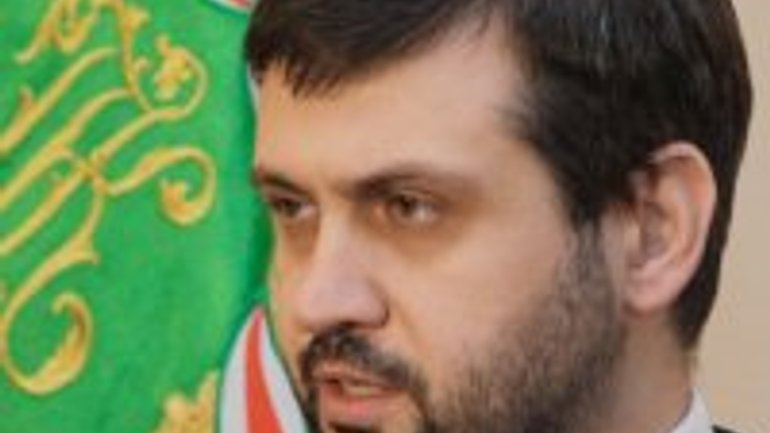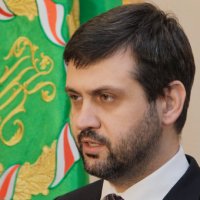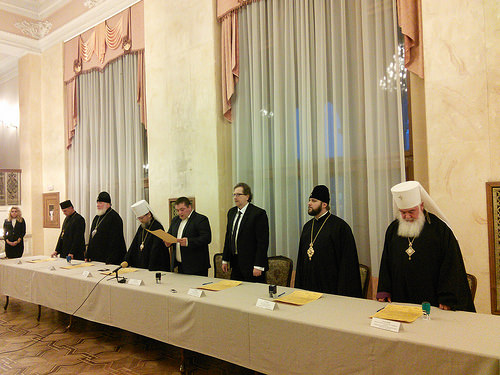ROC explained signing of Rivne Memorandum by very strong political pressure

 The signing of the Memorandum in Rivne region, calling for the dialogue with a view to establish a unified Ukrainian Local Orthodox Church, attests to the difficult current situation of the the Western dioceses of the Ukrainian Orthodox Church (Moscow Patriarchate), said head of the Synodal Information Department of the Russian Orthodox Church, Vladimir Legoyda to a RIA Novosti/RT journalist, as reported Religion in Ukraine citing the Russian news agency.
The signing of the Memorandum in Rivne region, calling for the dialogue with a view to establish a unified Ukrainian Local Orthodox Church, attests to the difficult current situation of the the Western dioceses of the Ukrainian Orthodox Church (Moscow Patriarchate), said head of the Synodal Information Department of the Russian Orthodox Church, Vladimir Legoyda to a RIA Novosti/RT journalist, as reported Religion in Ukraine citing the Russian news agency.
It is known that the Memorandum was signed by two hierarchs of the UOC (MP) - Metropolitan Anatoly of Sarny and Polissya and Metropolitan Varfolomiy of Rivne and Ostroh.
“This document only attests toan extremely difficult situationof the Diocese and the faithful of the canonical Orthodox Church in Western Ukraine. It is clear that such documents are signed under the strongest political pressure,” said Legoyda.
Vladimir Legoyda also made a mention of Greek Catholics. He expressed surprise of the signatures made by representatives of the Greek Catholic Church of Ukraine on the Memorandum, calling it “canonical nonsense”.

“If the Greek Catholics declare the need to establish a local church with their participation, it seems, first of all, they should declare the termination of every kind of liturgical and canonical communion with the Holy See and should cease to pray for the pope in their worship services. Otherwise their participation in this process cannot be understood. This is a canonical nonsense, an absurd,” stated Legoyda.









